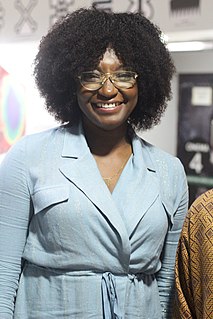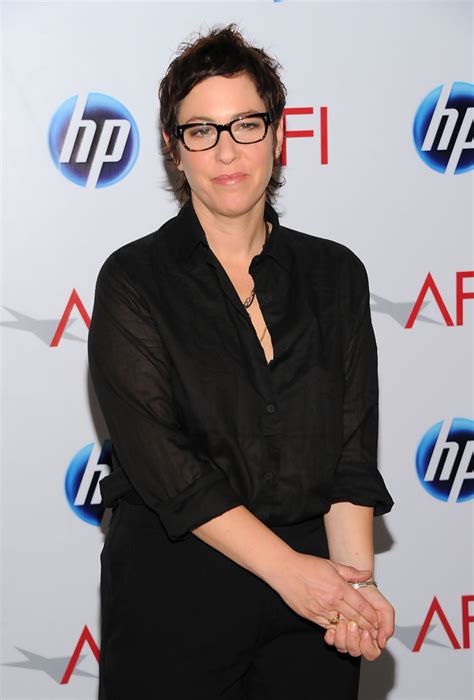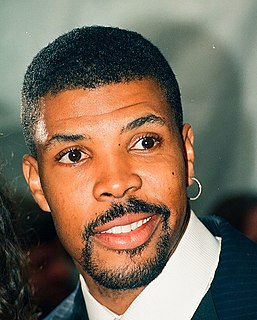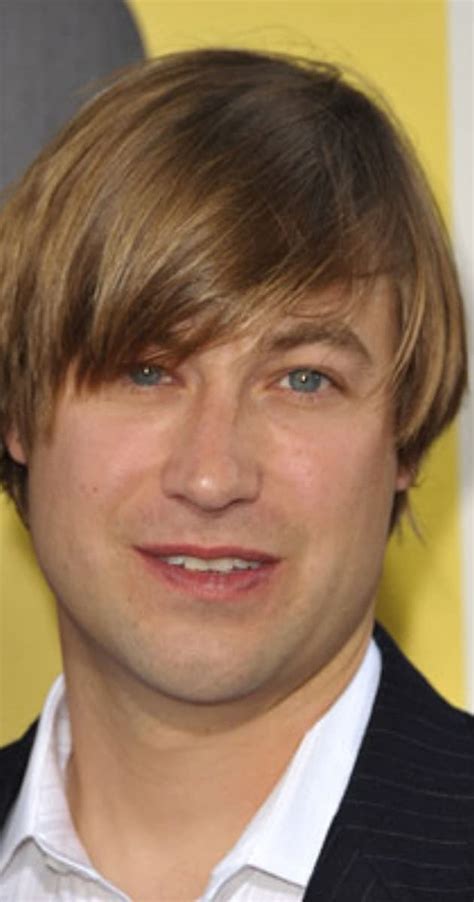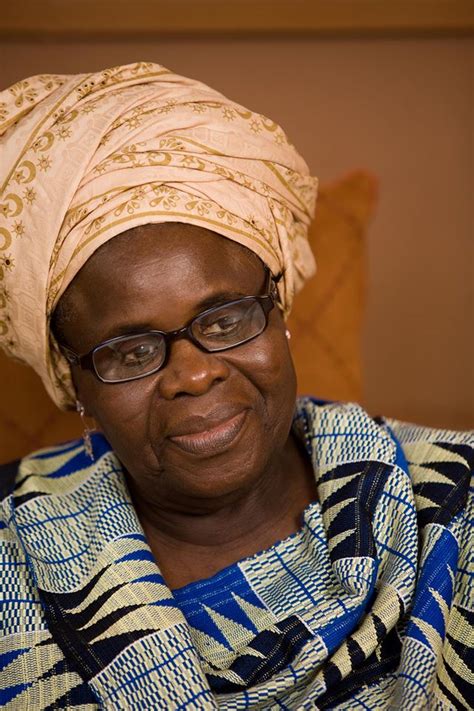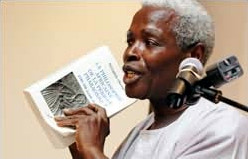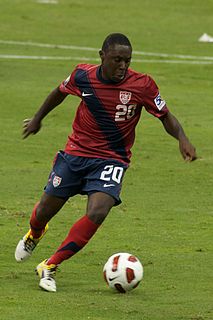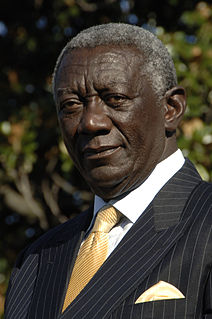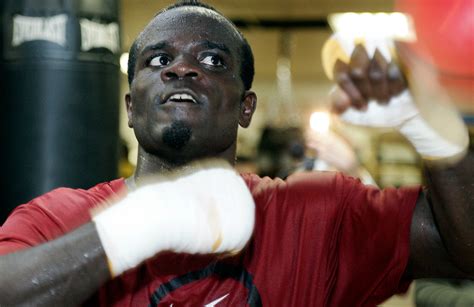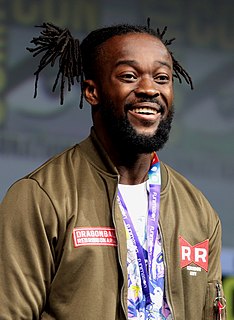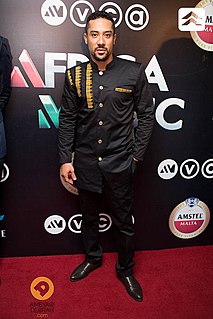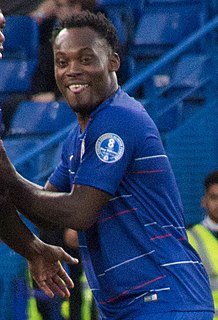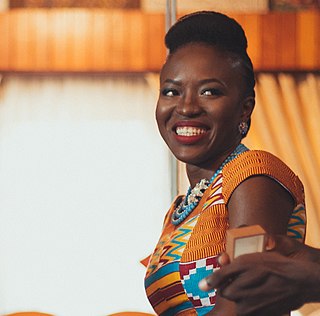A Quote by Juliet Asante
As a filmmaker, I want to be known as a pan-African filmmaker and this is because I think that we have more to gain as Africans than as individual countries.
Related Quotes
We've been fighting our whole lives to say we're just human beings like everyone else. When we start separating ourselves in our work, that doesn't help the cause. I've heard it for years: 'How do you feel being a black filmmaker?' I'm not a black filmmaker, I'm a filmmaker. I'm a black man, I have black children. But I'm just a filmmaker.
